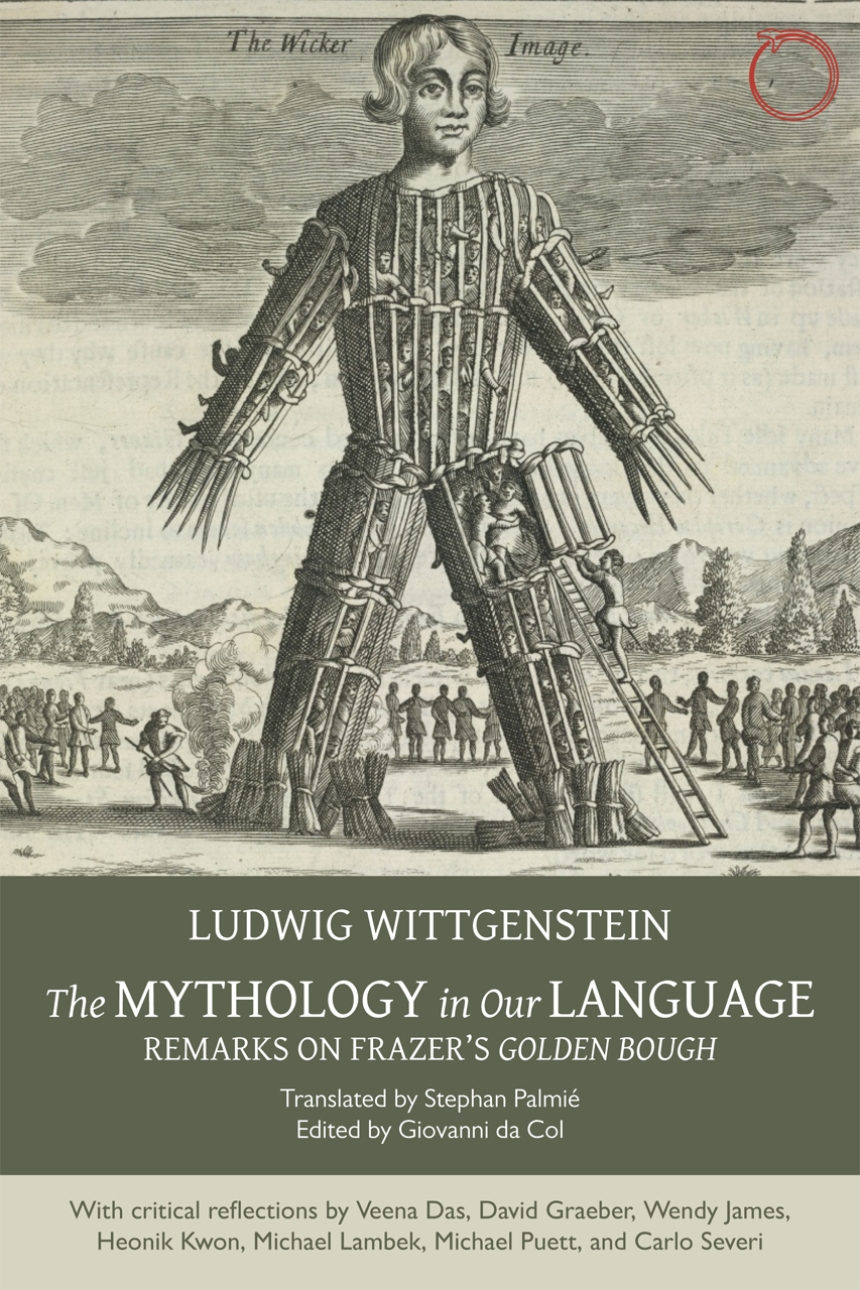In 1931 Ludwig Wittgenstein wrote his famous Remarks on Frazer’s “Golden Bough,” published posthumously in 1967. At that time, anthropology and philosophy were in close contact—continental thinkers drew heavily on anthropology’s theoretical terms, like mana, taboo, and potlatch, in order to help them explore the limits of human belief and imagination. Now the book receives its first translation by an anthropologist, in the hope that it can kick-start a new era of interdisciplinary fertilization.
Wittgenstein’s remarks on ritual, magic, religion, belief, ceremony, and Frazer’s own logical presuppositions are as lucid and thought-provoking now as they were in Wittgenstein’s day. Anthropologists find themselves asking many of the same questions as Wittgenstein—and in a reflection of that, this volume is fleshed out with a series of engagements with Wittgenstein’s ideas by some of the world’s leading anthropologists, including Veena Das, David Graeber, Wendy James, Heonik Kwon, Michael Lambek, Michael Puett, and Carlo Severi.
264 pages | 6 x 9 | © 2018
Anthropology: Cultural and Social Anthropology
Philosophy: Logic and Philosophy of Language, Philosophy of Religion
Reviews
Table of Contents
Stephan Palmie´
Chapter 2: Remarks on Frazer’s The Golden Bough
Ludwig Wittgenstein, translated by Stephan Palmie´
Chapter 3: On Wittgenstein’s Remarks on Frazer’s Golden Bough
Carlo Severi
Chapter 4: Wittgenstein’s Spirit, Frazer’s Ghost
Heonik Kwon
Chapter 5: Deep Pragmatism
Knut Christian Myhre
Chapter 6: Wittgenstein Exercise
Wendy James
Chapter 7: Wittgenstein on Frazer
Michael Puett
Chapter 8: Of Mistakes, Errors, and Superstition
Veena Das
Chapter 9: Remarks on Wittgenstein’s Remarks on Frazer’s Golden Bough: Ritual in the Practice of Life
Michael Lambek
Chapter 10: Explanation as a Kind of Magic
Michael Taussig
Chapter 11: On an Anthropological Tone in Philosophy
Sandra Laugier, translated by Daniela Ginsburg
Appendix: Remarks on Wittgenstein and Ritual
Rodney Needham

